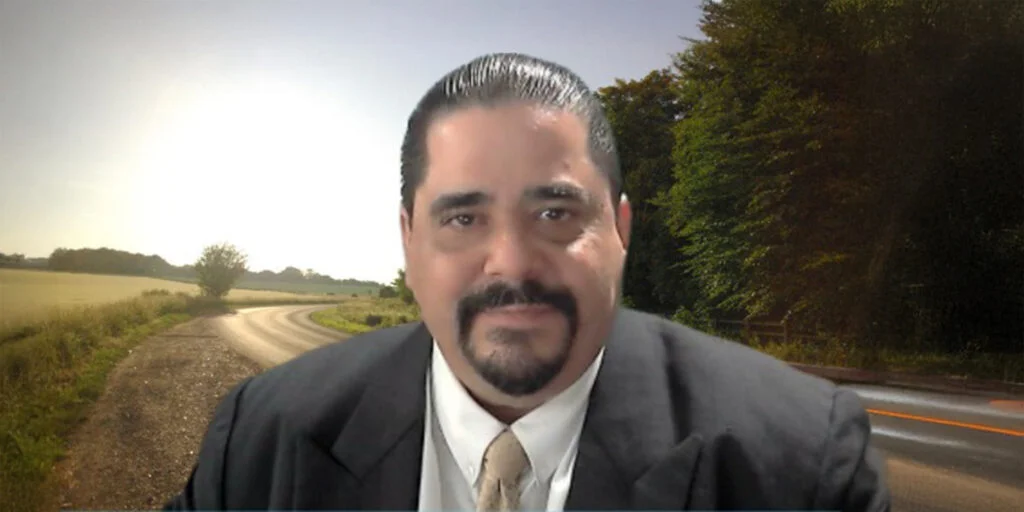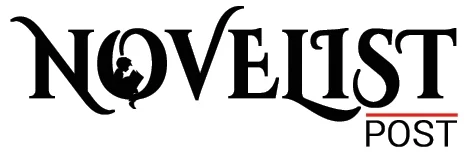Alman D Guide Shares His Spiritual Journey and Mystical Insights

PHOTO: Alman D Guide, author and spiritual explorer, shares his journey of blending analytical thinking with mystical wisdom.
Exploring Mystical Traditions With Analytical Depth
Alman D Guide discusses his eclectic approach to spirituality, blending analytical thought and mystical traditions, and explores how personal experience, symbolism, and cultural respect shape his transformative writing.
Alman D Guide, also known as Alfredo J. Parra, merges analytical thought with mystical insight in a way few modern spiritual authors can. His works—The Fool’s Path: A Glance at The Spiritual World and its Spanish counterpart El Camino del Loco: Una Mirada al mundo espiritual—offer more than esoteric exploration; they’re roadmaps for seekers navigating the complex terrain of inner transformation.
Renowned for his ability to distill ancient wisdom into clear, engaging guidance, Alman D Guide champions a modern approach to spirituality rooted in personal growth and symbolic resonance. His writing encourages readers to become co-creators of their destiny, blending practical insight with mystical depth. Each page he crafts reflects a commitment to authenticity and a deep respect for spiritual diversity.
Alman D Guide offers a rare blend of clarity, depth, and authenticity, bringing mystical traditions to life for modern spiritual seekers.
In a conversation with Reader’s House, Alman delves into the motivations and messages behind his books. He reflects on the eclectic nature of The Fool’s Path, which draws from spiritual traditions like Zen Buddhism, Sufism, Hermeticism, Christian mysticism, indigenous shamanism, and Kabbalah. Rather than offering a broad survey of religious systems, he focuses on archetypal themes that cut across cultures—surrender, ego dissolution, inner awakening, and wholeness. “The Fool,” he says, “naturally crosses boundaries and borrows wisdom wherever it can be found.”
Though born in New York, Alman’s formative years in South America shaped his cultural and spiritual worldview. Writing El Camino del Loco in Spanish wasn’t just a linguistic choice—it was a heartfelt gesture to connect more deeply with Spanish-speaking readers and expand the reach of his message. Through this work, Alman invites a broader audience into a shared journey of discovery and spiritual empowerment.
A defining feature of both his books is their accessibility. Alman avoids jargon and dogma, instead embracing storytelling, symbolic imagery, and relatable experiences. His intent is not to instruct but to invite, helping readers approach the unknown with curiosity rather than fear. The tone is both intimate and philosophical, grounded in the belief that spiritual transformation is a lived, ongoing process.
One of Alman’s most intriguing ideas is his hypothesis linking Tarot to the concept of a simulated universe—the Matrix. In this framework, Tarot becomes more than a mystical system; it functions as a diagnostic tool to understand one’s position within the broader cosmic design. For Alman, the Tarot’s Fool archetype is not a symbol of recklessness but a courageous figure who steps into uncertainty with trust and authenticity.
“The Fool,” he explains, “is not about escaping reality but about rebelling against spiritual complacency. It’s about letting go of societal conditioning and reconnecting with the deeper currents of intuition.” In Alman’s vision, the spiritual journey is not an escape from the world but a radical re-engagement with it, marked by vulnerability, inner struggle, and transcendence.
Alman is deeply aware of the cultural sensitivity required when writing about diverse spiritual traditions. He emphasizes the importance of honoring their origins while translating their wisdom for contemporary audiences. “My biggest challenge,” he notes, “was presenting these traditions with both accuracy and reverence, without flattening them or turning them into trendy clichés.” He stresses the importance of avoiding cultural appropriation and elevating personal experience over rigid ideology.
Reader feedback plays a crucial role in shaping Alman’s approach. He frequently refines his language and structure based on how readers respond to complex ideas. Their personal stories of transformation often inspire him to write in a more narrative-driven style, anchoring spiritual truths in everyday moments of doubt, awakening, and self-discovery.
When asked about the role personal experience plays in his work, Alman is unequivocal: it is central. “I don’t treat spirituality as a subject to study from afar,” he says. “It’s something lived, questioned, and embodied.” This intimate lens gives his writing a rare emotional honesty that resonates with seekers from all walks of life.
To aspiring authors interested in spirituality and mysticism, Alman offers a powerful piece of advice: start with personal truth. “Don’t aim to sound profound—aim to be real. Share your inner work, your setbacks, your insights. The most meaningful spiritual writing isn’t about sounding enlightened; it’s about being human.”
Through his deeply reflective and symbolically rich work, Alman D Guide offers not just ideas but invitations—openings into the mystical, the mysterious, and the transformative. For modern seekers navigating a world of spiritual noise, his voice is a grounding and inspiring presence.
Source: Reader’s House Magazine

















